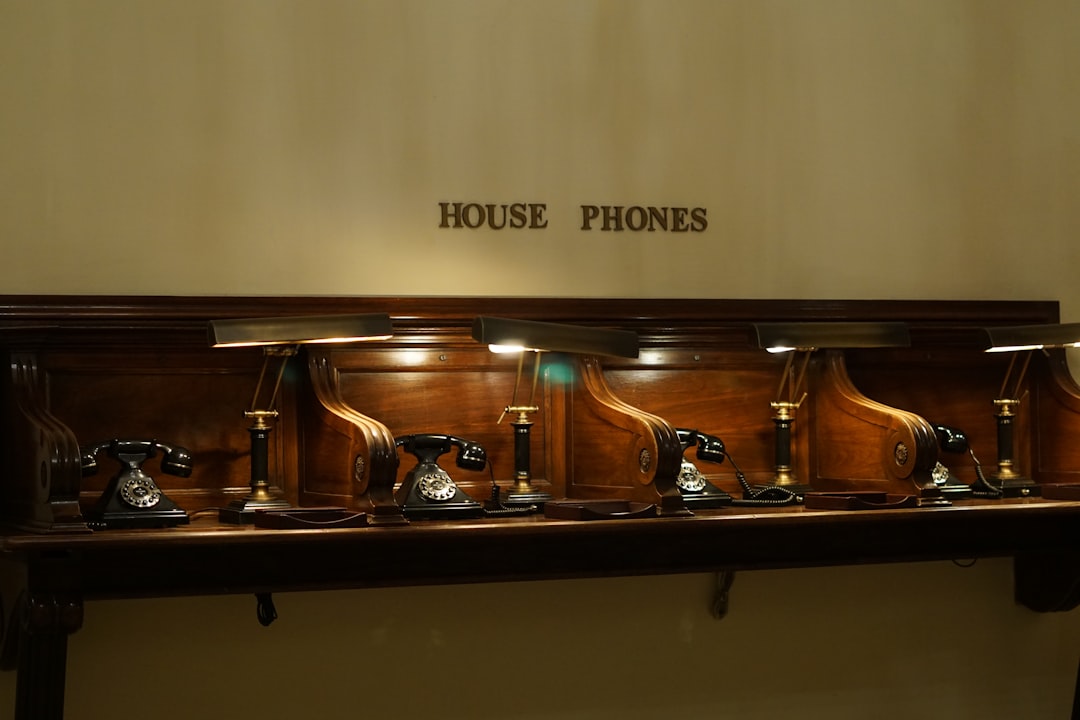Telemarketing in Alabama, particularly for law firms, is strictly regulated by the state's Do Not Call Law, mirroring federal guidelines to protect consumers from unwanted sales calls. This law prohibits calling numbers on the "Do Not Call" registry without prior consent and is overseen by the Alabama Attorney General's Office. Huntsville residents can opt-out of unsolicited calls via these lists, reflecting the city's commitment to privacy. With evolving telemarketing trends, advanced technologies and consumer education campaigns aim to fortify protection against scam calls and enhance digital literacy.
In Huntsville, Alabama, as in the rest of the nation, telemarketing practices are heavily regulated to protect consumers from unwanted calls. This article delves into the current landscape, focusing on understanding Alabama’s telemarketing laws and navigating the city’s Do Not Call lists. Furthermore, it explores future trends aiming to enhance consumer protection, highlighting the evolving role of technology in compliance and the potential impact on local businesses, especially law firms operating under these regulations.
Understanding Telemarketing Laws in Alabama

Telemarketing, or the practice of making sales and marketing calls to potential customers, is heavily regulated to protect consumers from intrusive or deceptive practices. In Alabama, as in many states, telemarketing laws are designed to balance the needs of businesses with the rights of individuals to have some control over when and how they are contacted. One key piece of legislation to understand is the Do Not Call Law, which mirrors federal regulations and prohibits unsolicited sales calls to numbers listed on the state’s “Do Not Call” registry. This means that law firms and other telemarketers must obtain prior express consent from recipients before initiating contact, except for specific exempted categories.
Alabama’s Attorney General’s Office plays a crucial role in enforcing these laws, ensuring compliance and providing resources for consumers to file complaints. Businesses engaging in telemarketing within the state should be aware of the rules around call timing, content, and recording, as well as the restrictions on calling numbers listed as “Do Not Call.” Staying informed about these regulations is essential to avoid legal repercussions and maintain a positive relationship with Alabama’s consumer protection framework.
Navigating Do Not Call Lists in Huntsville

In Huntsville, Alabama, navigating the Do Not Call lists is a crucial aspect of telemarketing regulations. Consumers can register their numbers with the state’s designated list to opt-out of unsolicited calls from various businesses and law firms. This move reflects the city’s commitment to protecting residents’ privacy and reducing unwanted communication. By adhering to these guidelines, telemarketers in Huntsville ensure they respect individual choices regarding advertising calls.
The Do Not Call laws provide a balance between businesses promoting their services and consumers enjoying peace from intrusive phone calls. Law firms in Alabama are expected to verify these lists regularly to avoid contacting registered numbers, ensuring compliance with the state’s regulations. This practice not only keeps Huntsville residents’ voices heard but also fosters an environment where telemarketing becomes more targeted and respectful of personal boundaries.
Future Trends: Enhancing Consumer Protection

As the telemarketing landscape evolves, future trends in Huntsville, Alabama, and beyond are focused on enhancing consumer protection. With the rise of sophisticated technologies, it’s crucial to adapt regulations to safeguard citizens from unwanted calls, especially those targeting law firms. One prominent trend is the implementation of advanced call blocking and identification systems that can automatically filter out or warn consumers about potential scam calls.
Additionally, there’s a growing emphasis on consumer education and awareness campaigns to teach people how to recognize and avoid fraudulent telemarketing practices. These initiatives aim to empower individuals to make informed decisions, opt-out of unwanted calls, and report suspicious activities effectively. In Alabama, such measures will be vital in ensuring that consumers are not only protected but also empowered to navigate the evolving digital landscape, including Do Not Call lists, which have already proven effective in curtailing nuisance calls.






